Elvira Amor | Salmón ladrillo coral
garcía | galería proudly presents the first solo exhibition by Elvira Amor (Madrid, 1983), a painter fascinated by abstraction’s possibilities. Although form and colour are the fundamental foundations of her paintings, the canvas is also understood to be an intrinsic part of the work, both through its surface and its volume.
Elvira stretches the painting’s traditional form/colour dichotomy by adding matter, both in the way the pigment is applied and in the physics of the canvas itself, which ceases to be an circumstantial surface to become a key element. Its right angles are part of the composition, with the same importance given to their relation with the curved lines of the paint. The canvas loses its aspect of ‘window that we look through’ to become an active and signifying object in itself. On occasions, it even loses its traditional shape and becomes curved, takes on relief, or becomes puffed up, challenging its relationship to sculpture.
Her work is most richly understood when an extensive body of works is seen; a set of paintings where certain forms are repeated, producing variations and codas, almost like a musical structure. Elvira works on the various canvases in a continuum where ideas are repeated from one to the next, becoming themes that vary to research and exhaust the possibilities they contain. Similarly, the presentation of these works and their relationship in and with the exhibition space becomes one more signifying element where the rhythm established between the works, the relationships among them, the gaps, are as much a part of the artist’s work as the interior of the canvas’ painted surface.
In her paintings, Elvira Amor researches into communication, looking for a pre-verbal language that occasionally relates to classical discourses from the abstract painting tradition, but also incorporates details, forms, or elements extracted from non-Western art traditions. Her paintings connect with the senses, attempting to strip themselves of elements that might yield a single and classifiable reading in order to open themselves up to an experience of that which is open and intangible.

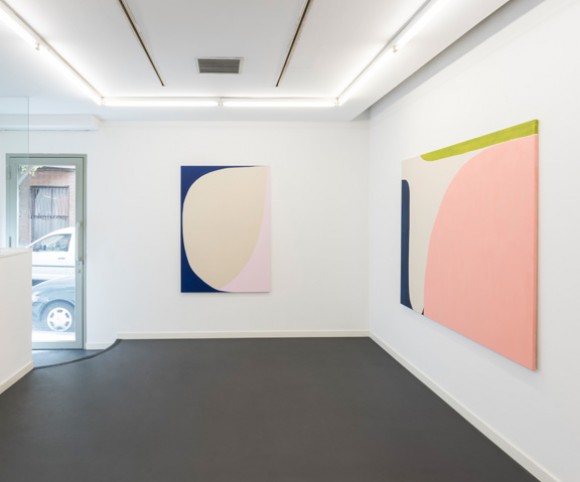
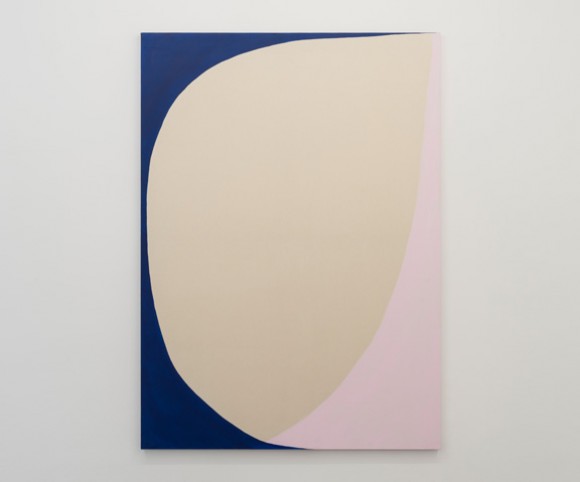

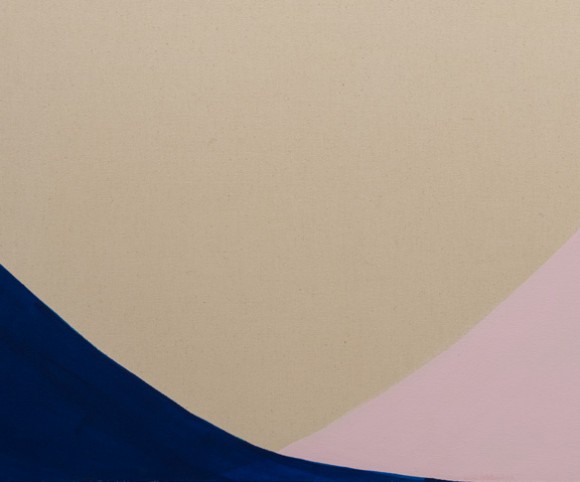
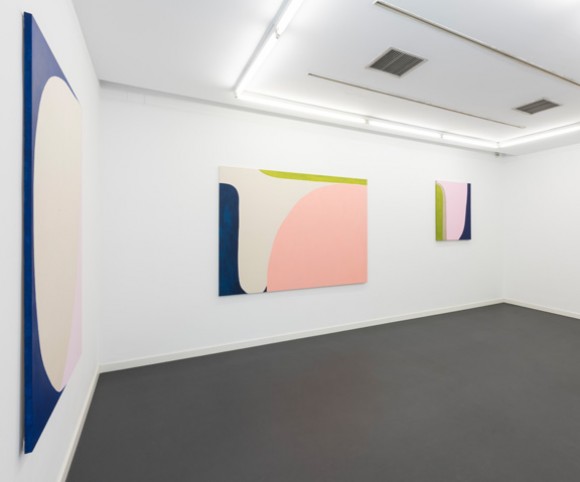
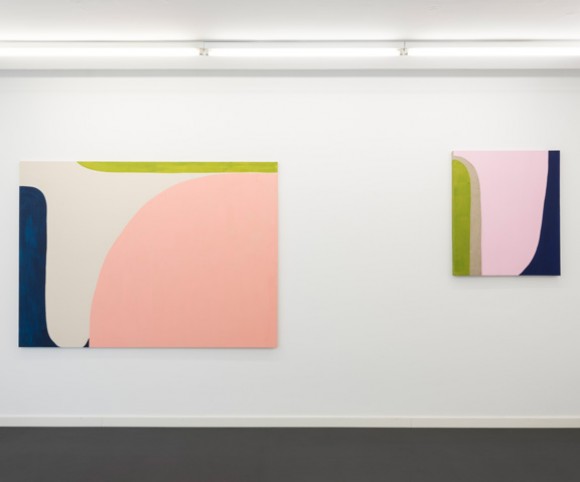
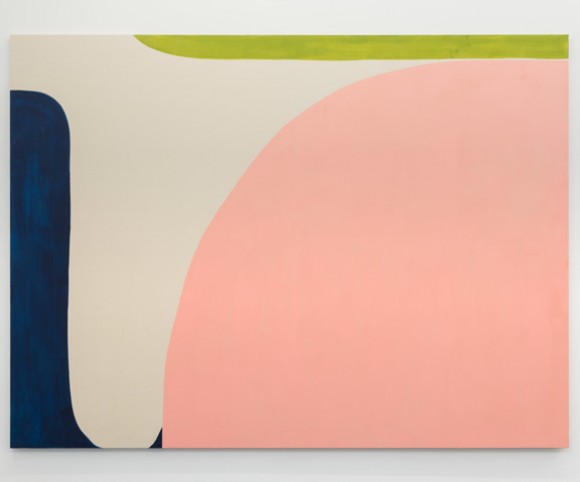

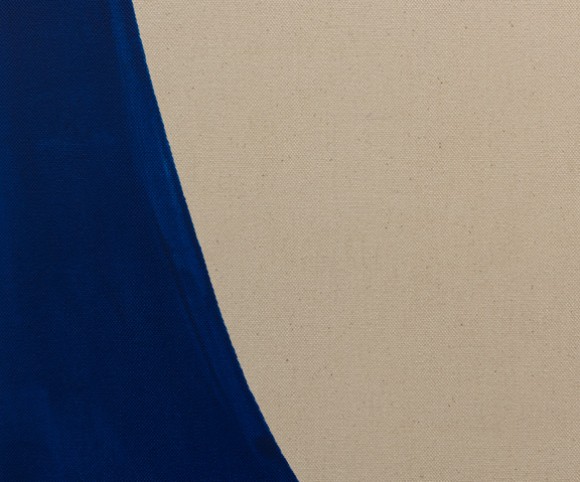
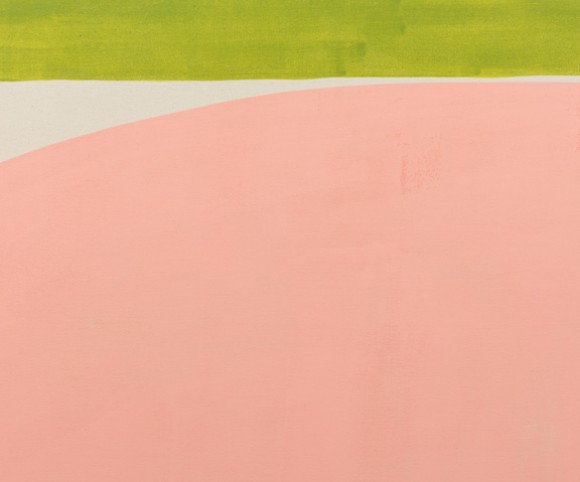
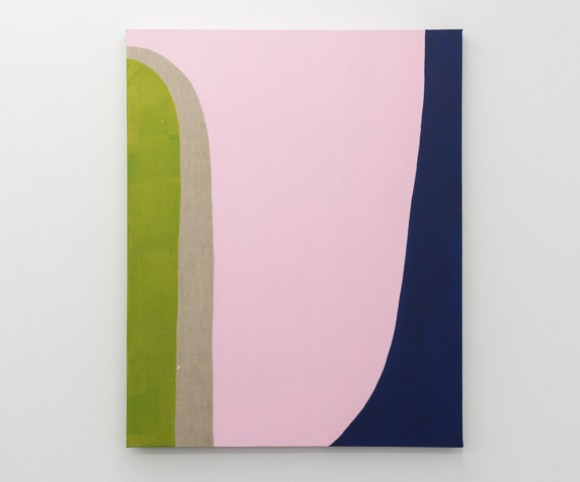
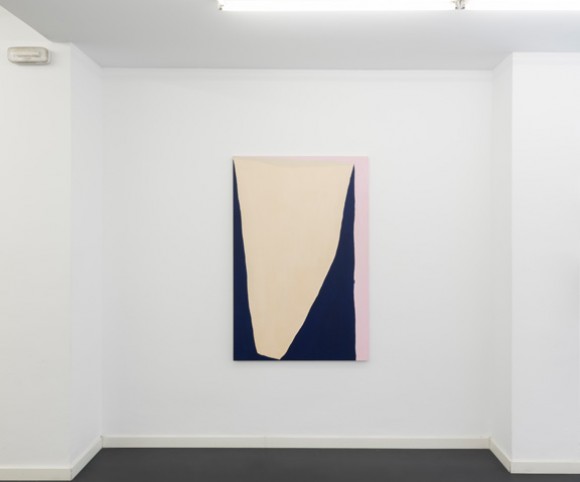
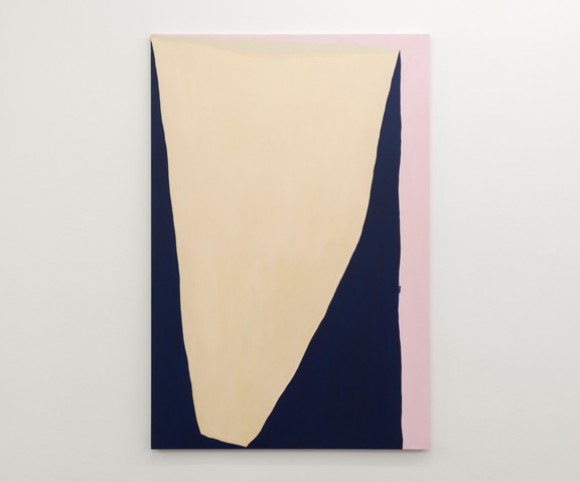
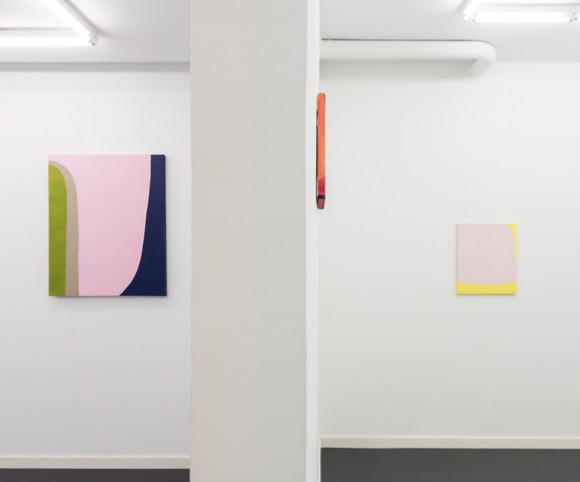
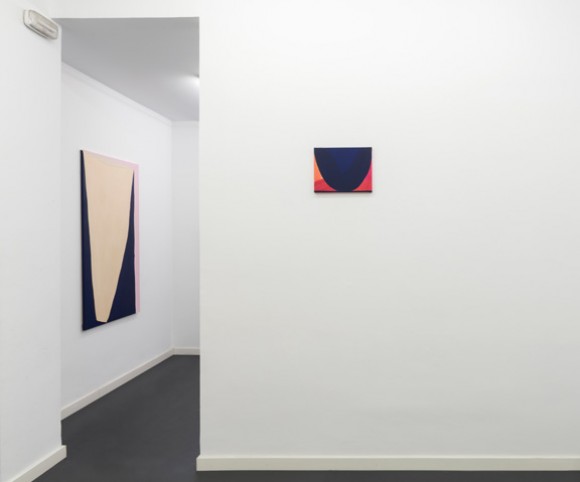
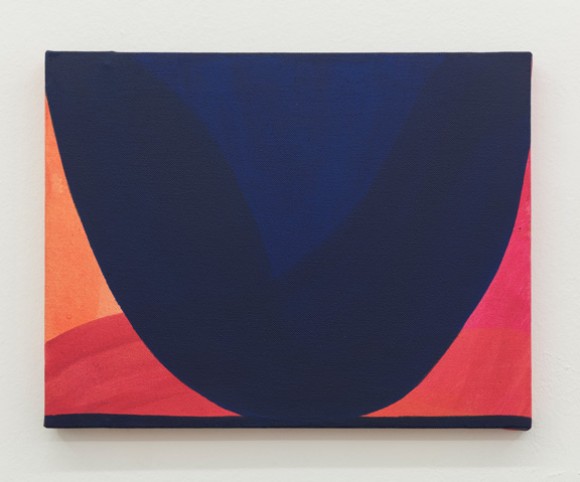
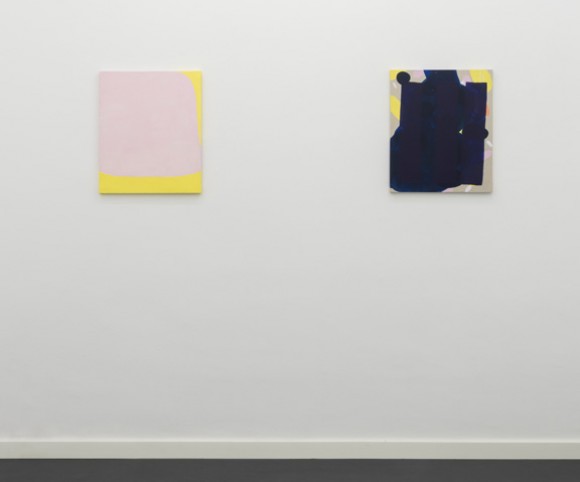
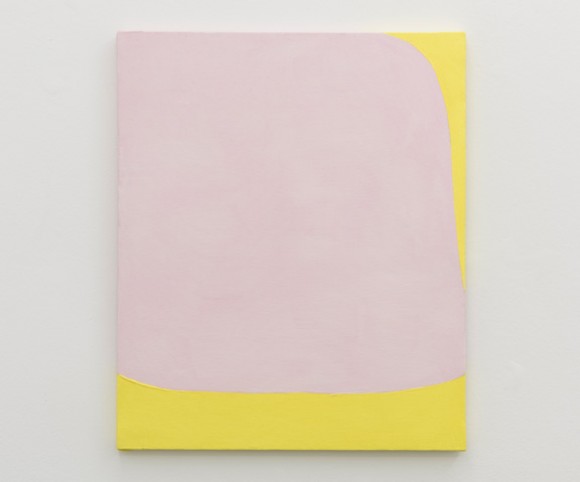
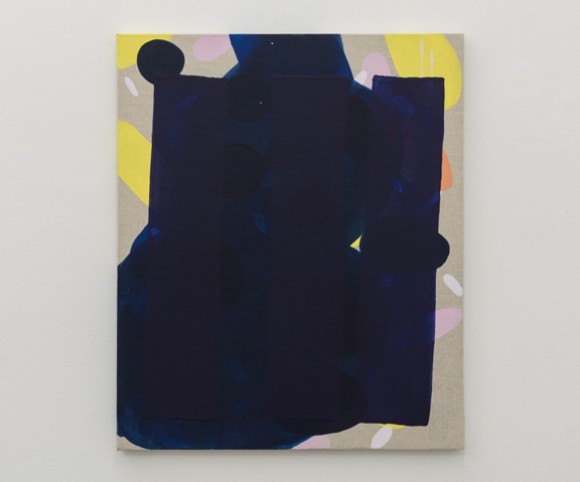
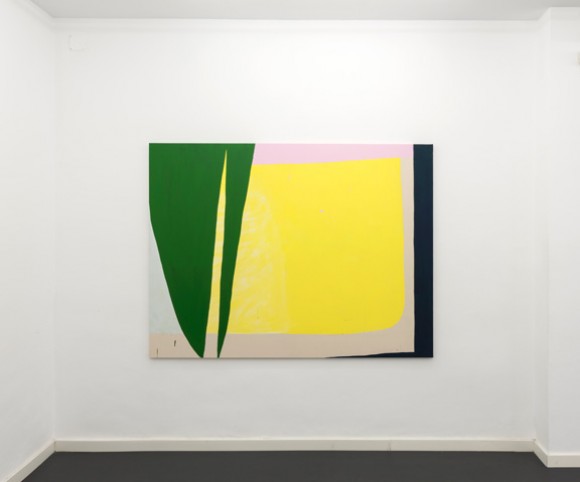
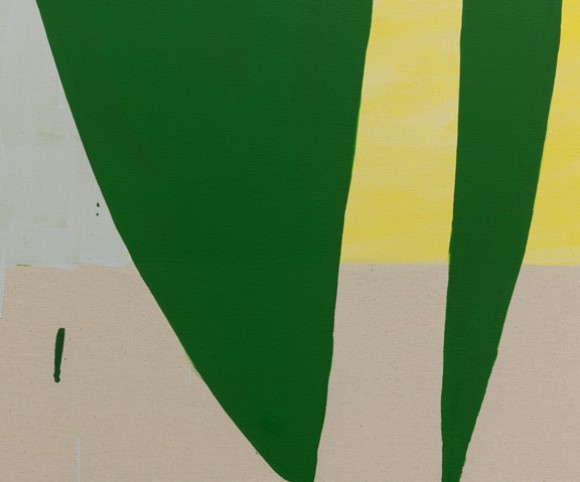
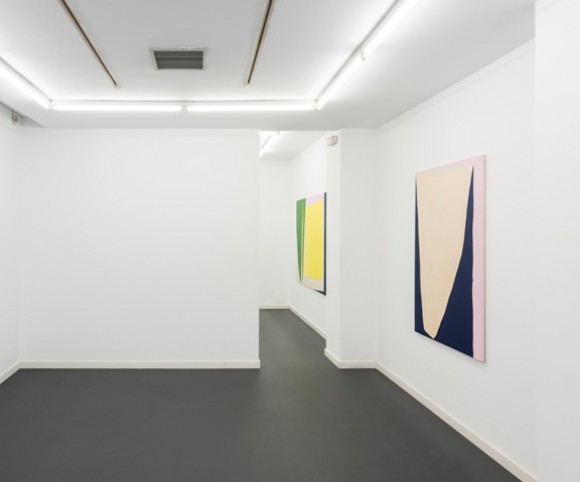
 sending...
sending...